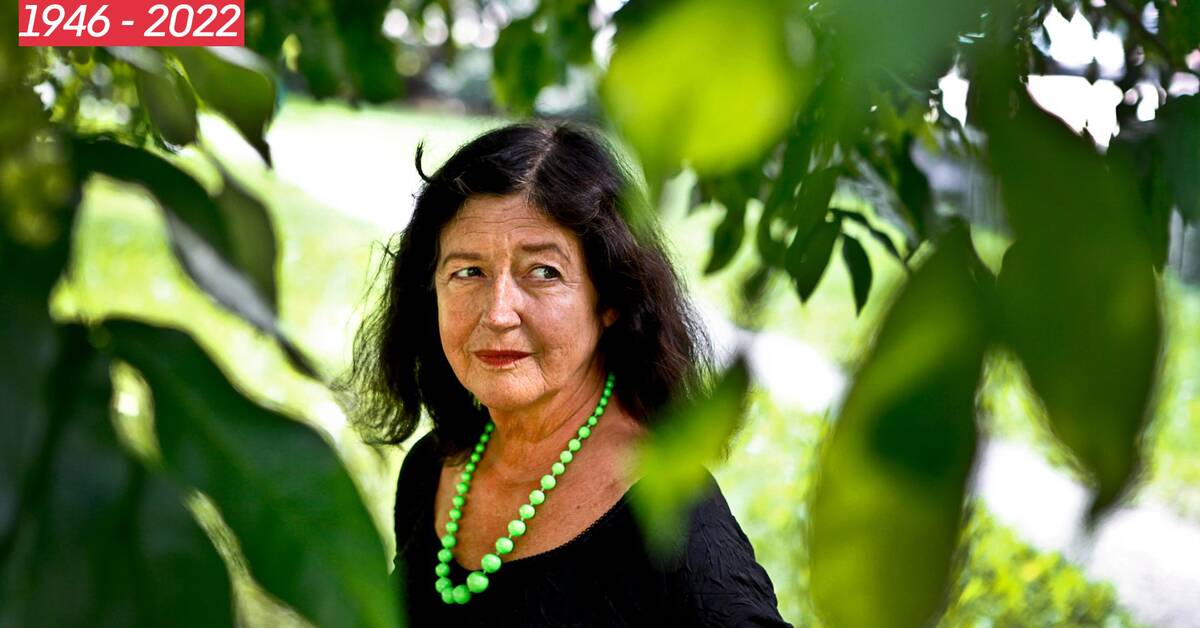Agneta Klingspor is dead.
The TT family announces this.
She wrote about growing up in a conflict-ridden home and finding her way as a young adult and woman.
She often told in self-form and via diary entries, for example in the depiction of life 1977-1992 with the congenial title Nyckelroman.
At the center is a middle-aged woman on Södermalm in Stockholm.
Klingspor describes with heat, blood-filled and passionate, a woman's life, where dream, reality and public debate are woven together.
When the books came out, critics often emphasized the obscene depictions of sex in a moralizing way, something that often affected outspoken female writers of the same generation, despite the supposed liberation of 1968.
Had many jobs
Agneta Klingspor was born in 1946 in Lysekil and growing up in Uddevalla was colored by her parents' bitter quarrel, something that created a sensitivity to the mechanisms of oppression and how the words have a direct effect on the body:
"Now Dad calls again and the accusations hail, the shame must be nailed to me ... Anger trembles inside the nerve of the steel string.
The words are dangerous inside the mouth, inside the stomach, outside the body, between me and them. ”
(Nyckelroman, 1994).
Klingspor had time to try out a number of different jobs - immigrant teacher, curator, cultural consultant, cleaner, actress, mental health care - before she became a writer.
Wrote about the cancer disease
At the age of 62, Agneta Klingspor suffered from breast cancer, which is portrayed in the books Closed due to health soul (2010) and Går det åt helvete skal jag non dö (2016), where she mixes memories of youth's erotic encounters with depictions of cancer and the tribulations of aging, lost abilities and incipient forgetfulness, but where the difficult is always broken by drastic and drastic observations.
In a statement about the book, Klingspor said that the comic comes naturally: “Especially if something is heavy in life.
I mean, life can be overwhelming and then you have to laugh! ”
Agneta Klingspor participated in radio, talked about photography and art, and also worked as a writing coach.
She was awarded several prizes and had a ten-year work scholarship from the Authors' Fund.
Agneta Klingspor said she would write “to everyone who lives and will eventually die.
As a writer, I do not think about who I write for.
It does not exist in my brain.
I am human and so are the readers.
That goes a long way. ”

